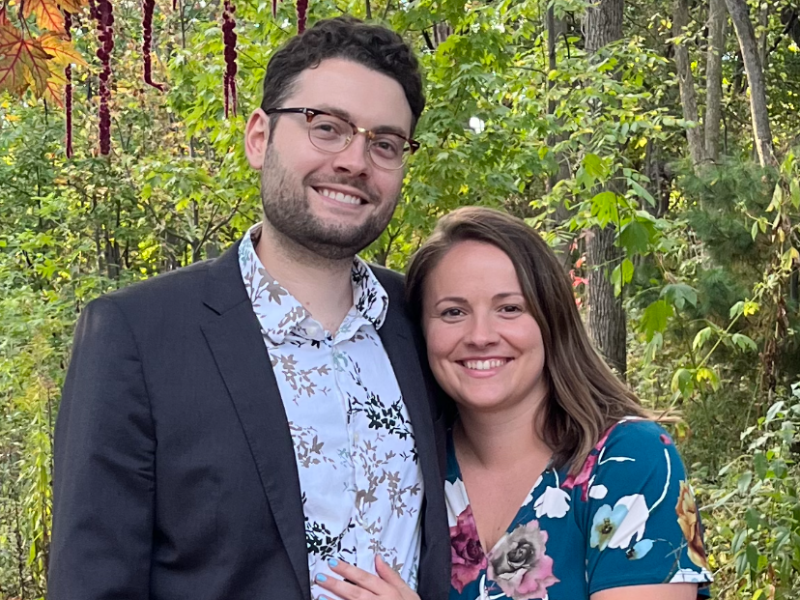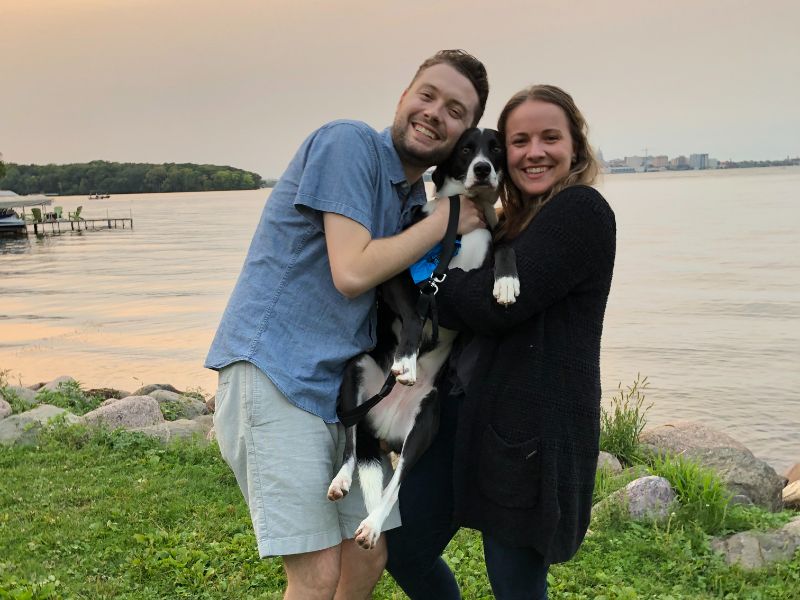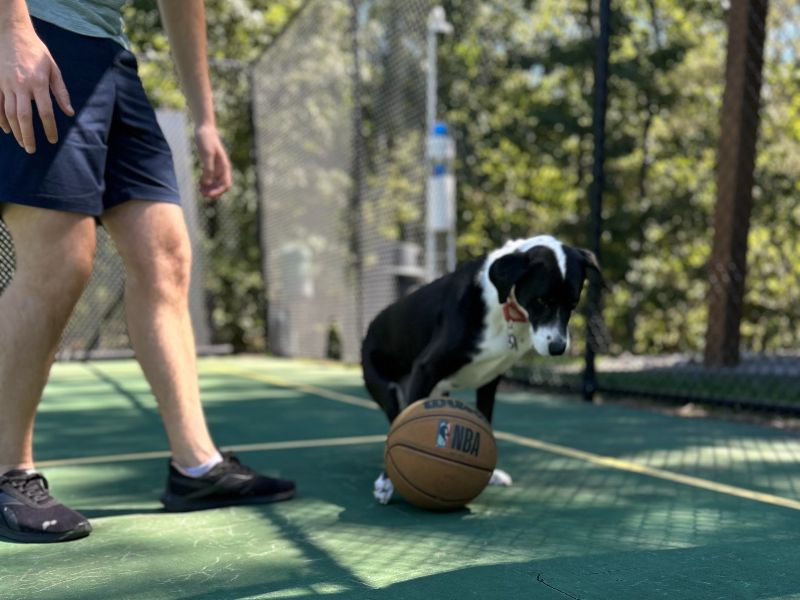Being raised in a military family that was constantly on the move within the US and Europe, I developed a strong sense of curiosity that eventually became focused on science and technology. As an undergraduate biology major and researcher at the University of Notre Dame, I became fascinated by the idea that the cell biology of tumor cells is not static. Instead, cancer cells undergo various forms of reprogramming to maximize their fitness in the different environments that they experience including the primary tumor, blood vessels, and metastasis sites. In particular, we identified post-translational modifications that cancer cells place on MT1-MMPs, which are akin to molecular scissors that break apart the extracellular matrix, in order to trigger metastasis. I continued studying cellular adaptation during my PhD in the laboratory of Jon Audhya at the University of Wisconsin-Madison by leveraging gene editing and quantitative microscopy methods in cells experiencing different nutrient conditions. This work demonstrated that cells adapt the flow of proteins and lipids through the secretory pathway by changing coat protein dynamics to conserve nutrients. These research experiences convinced me of two fascinating ideas: 1) changes in an individual cell’s molecular makeup can have profound implications on much larger scales such as the tissues and whole organisms, and 2) much previous work focused on elucidating basic cell biology has relied on simplified cell models in ‘normal’ conditions, whereas adaptation of these systems may be the rule, not the exception, in vivo.
As a postdoctoral researcher, I am continuing my passion for understanding cellular reprogramming in one of nature’s most adaptable systems: immunity. Innate immune cells such as macrophages are known to undergo dramatic transcriptomic and proteomic changes after recognizing ‘other’ (i.e. bacteria, viruses, cancer cells) amongst typical ‘self’ cells of tissues. Immune cell activation begins with target recognition and initiation of signaling events that eventually change the distributions and content of organelles to support destruction of our bodies’ enemies. However, relatively little is known about the molecular mechanisms downstream of activation that cause changes in organelle function. To start, I am studying changes in cargo sorting within the endoplasmic reticulum of inactivated and activated macrophages using gene editing and advanced imaging.
Outside of the lab, I enjoy spending time with my spouse, Kathleen, eating at local restaurants, drinking cocktails, and playing board games. I am also an avid basketball fan and play pick up games as often as I can. Last but certainly not least, our dog Reggie provides endless love and entertainment with his serious and ironic personality.



